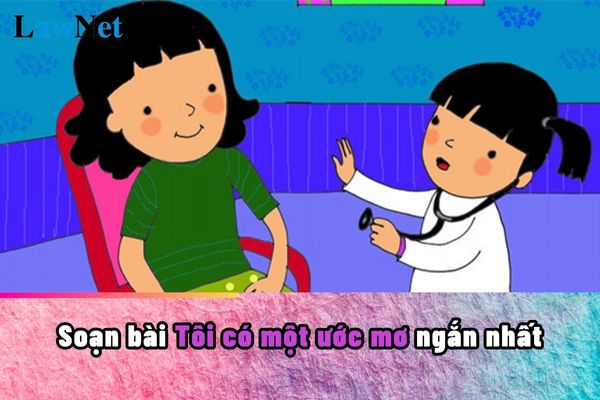What are guidelines on preparing the lesson "Tôi có một ước mơ" for students in Vietnam? What are compulsory contents included in grade 10 textbooks under the new curriculum in Vietnam?
What are guidelines on preparing the lesson "Tôi có một ước mơ" for students in Vietnam?
"Tôi có một ước mơ" is part of the curriculum that students will study in the grade 10 Literature course.
Grade 10 students can refer to the following guidelines on preparing the lesson "Tôi có một ước mơ":
|
Guidelines on preparing the lesson "Tôi có một ước mơ" Analysis of the speech "Tôi có một ước mơ" by Martin Luther King Jr. *Historical Context and Significance of the Speech |
Note: The above information is for reference only./.

What are guidelines on preparing the lesson "Tôi có một ước mơ" for students in Vietnam? What are compulsory contents included in grade 10 textbooks under the new curriculum in Vietnam? (Image from the Internet)
What are regulations on the educational plan for the school year regarding the learning time for grade 10 students in Vietnam?
Based on Section 4 of the General Education Program issued along with Circular 32/2018/TT-BGDDT, the educational plan for the school year regarding the learning time for grade 10 students is as follows:
General Education Program is divided into two phases:
The fundamental education phase (from grade 1 to grade 9) and the career-oriented education phase (from grade 10 to grade 12).
The system of subjects and educational activities of the general education program includes compulsory subjects and educational activities, elective subjects oriented towards careers (abbreviated as elective subjects), and optional subjects.
The actual learning time in a school year is equivalent to 35 weeks. Educational institutions may organize teaching in one session/day or two sessions/day.
Educational institutions organizing teaching one session/day and two sessions/day must implement the common mandatory educational content consistent for all educational institutions nationwide.
In this respect, the career-oriented education phase (upper secondary school level)
Each day consists of one session, with no more than 5 periods per session; each period lasts 45 minutes. Upper secondary schools with adequate conditions are encouraged to implement teaching in two sessions/day according to the guidelines of the Ministry of Education and Training.
Grade 10 students have a practical study time equivalent to 35 weeks in a school year. Each day consists of one session, with no more than 5 periods per session; each period lasts 45 minutes. Additionally, upper secondary schools with adequate conditions are encouraged to implement teaching in two sessions/day.
What are compulsory contents included in grade 10 textbooks under the new curriculum in Vietnam?
Based on Article 5 of the Regulation on the standards, procedures for compiling and revising textbooks; standards of organizations, individuals compiling textbooks; and the organization and activities of the National Textbook Evaluation Council issued along with Circular 33/2017/TT-BGDDT, the content of the grade 10 new curriculum textbook must meet the following conditions:
- The textbook content accurately and fully reflects the content of the subject program or educational activities; ensuring fundamental, scientific, practical, and suitable with Vietnam's reality.
- Terminology, concepts, definitions, data, events, and images must be accurate, objective, consistent, and suitable for students' level; data, events, and images must have clear origins.
- New scientific achievements related to the subject program, educational activities are updated, meeting international integration requirements and suitable for the program's goals of the subject, educational activities.
- Educational content regarding national sovereignty, human rights, children's rights, gender equality, sustainable development, environmental protection, and climate change adaptation are rationally presented.
*Note: Textbooks in each locality will be selected by schools (from the list of textbooks approved by the Minister of Education and Training) and the Chairman of the Provincial People’s Committee will decide on textbook selection for use in the area, so students in localities across the country may learn different mathematics textbooks.
Currently, there are three sets of textbooks: Kết nối tri thức với cuộc sống; Cánh diều; Chân trời sáng tạo.

